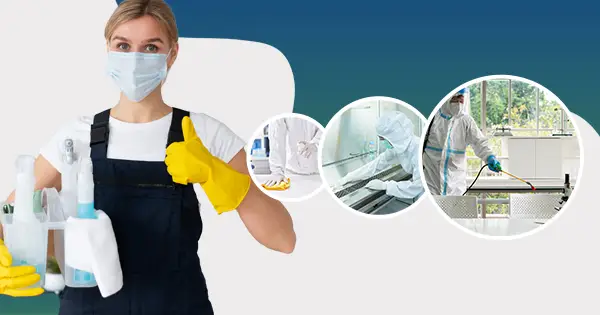Introduction
Maintaining a sterile environment is essential in laboratories where sensitive experiments and medical research take place. Deep cleaning plays a critical role in ensuring that harmful pathogens do not spread within these controlled spaces.
Why Deep Cleaning is Essential in Labs
Laboratories are highly susceptible to contamination due to the frequent handling of chemicals, biological samples, and specialized equipment. Without deep cleaning, bacteria, viruses, and other harmful microorganisms can thrive and compromise the safety of staff and ongoing research.
Preventing Infection Spread
Regular cleaning is not enough to prevent the spread of infections in labs. Deep cleaning ensures that high-touch surfaces, workstations, and equipment are thoroughly disinfected. This process significantly reduces the risk of cross-contamination and infection outbreaks.
Specialist Cleaning for Lab Safety
Some areas in laboratories require expertise beyond standard cleaning methods. For example, fume hoods, exhaust ducts, and sterile storage areas need careful handling. Choosing specialist cleaning services helps ensure these critical zones remain compliant with health and safety standards.
Benefits of Regular Deep Cleaning
- Maintains a safe working environment
- Reduces contamination risks
- Extends the lifespan of lab equipment
- Ensures compliance with regulatory standards
Conclusion
Deep cleaning in labs is not just about appearance—it is a crucial part of infection control and workplace safety. By integrating specialist and deep cleaning practices, laboratories can effectively prevent the spread of infections and maintain a healthy working environment.


